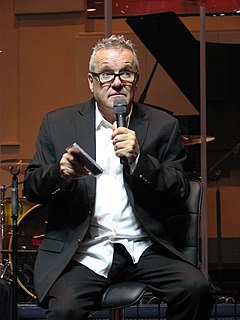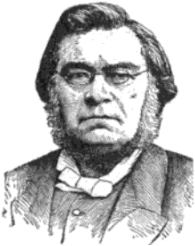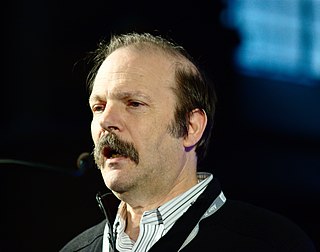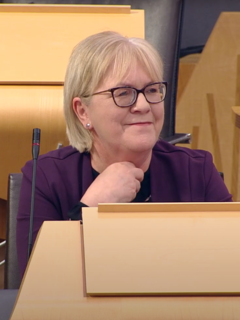Top 1200 Consequences Of Sin Quotes & Sayings - Page 2
Explore popular Consequences Of Sin quotes.
Last updated on April 15, 2025.
Principles always have natural consequences attached to them. There are positive consequences when we live in harmony with the principles. There are negative consequences when we ignore them. But because these principles apply to everyone, whether or not they are aware, this limitation is universal. And the more we know of correct principles, the greater is our personal freedom to act wisely.
There are actually only ever two pastoral problems you will ever encounter. The first is this: persuading those who are under the dominion of sin that they are under the dominion of sin. That's the task of evangelism. And [second], persuading those who are no longer under the dominion of sin that they are no longer under the dominion of sin because they're Christ's.
The magnitude of the punishment matches the magnitude of the sin. Now a sin that is against God is infinite; the higher the person against whom it is committed, the graver the sin-it is more criminal to strike a head of state than a private citizen-and God is of infinite greatness. Therefore an infinite punishment is deserved for a sin committed against Him.
Our own theory is that sin was ordained only in view of redemption, and that accordingly redemption shows forth as the gain bound up with sin; in comparison with which there can be no question whatever of mischief due to sin, for the merely gradual and imperfect unfolding of the power of the God-consciousness is one of the necessary conditions of the human stage of existence.
But here is the heart of the moral issue for many of us. Simply put, those around the world who have contributed least to global warming and climate change will be the most and first to be impacted by the consequences of it all. Sadly, it's an old story. We, the affluent, create the problem, and the poor pay the price for our sins. It is wrong, and it is a sin-ours.
Half-instructed confessors have done my soul great harm; for I could not always have such learned ones as I would have desired. They certainly did not wish to deceive me, but the fact was that they knew no better. Of something which was a venial sin, they said it was no sin, and out of a very grave mortal sin they made a venial sin. This has done me such harm, that my speaking here of so great an evil, as a warning to others, will be readily understood.
When sin lets us alone we may let sin alone; but as sin is never less quiet than when it seems to be most quiet, and its waters are for the most part deep when they are still, so ought our contrivances against it to be vigorous at all times and in all conditions, even where there is least suspicion.
Satan’s sin becomes the first sin of all humanity: the sin of ingratitude. Adam and Eve are, simply, painfully, ungrateful for what God gave. Isn’t that the catalyst of all my sins? Our fall was, has always been, and always will be, that we aren’t satisfied in God and what He gives. We hunger for something more, something other.
The best crime stories are always about the crime and its consequences - you know, 'Crime And Punishment' is the classic. Where you have the crime, and its consequences are the story, but considering the crime and the consequences makes you think about the society in which the crime takes place, if you see what I mean.
Each person we meet on a daily basis who does not know Christ is hell-bound. That may make some folks bristle-but it's a fact. When we refuse to warn people that their actions and lifestyles have eternal consequences, we're not doing them any favors. If everybody feels good about his or her sin, why would anyone repent?
It would seem that the ingratitude, whereby a subsequent sin causes the return of sins previously forgiven, is a special sin. For, the giving of thanks belongs to counter passion, which is a necessary condition of justice. But justice is a special virtue. Therefore this ingratitude is a special sin. Thanksgiving is a special virtue. But ingratitude is opposed to thanksgiving. Therefore ingratitude is a special sin.
When you go into a fast food restaurant, you may just think about how good your meal tastes while you're eating it. But you're not thinking about all the consequences that come from that one purchase - the consequences for your body, the consequences for supporting this company and how it's treating it workers, all the way back to the farm where the potatoes were grown, or the ranch where the cattle were raised.
Slavery is the nagging, unrelenting shame of America that continues to deny the true promise of the country to too many its citizens. If we ever hope to change that, we must begin by owning our past and acknowledging the shame, the sin, the injustice, and the ongoing consequences of enslaving an entire race of people.





















































